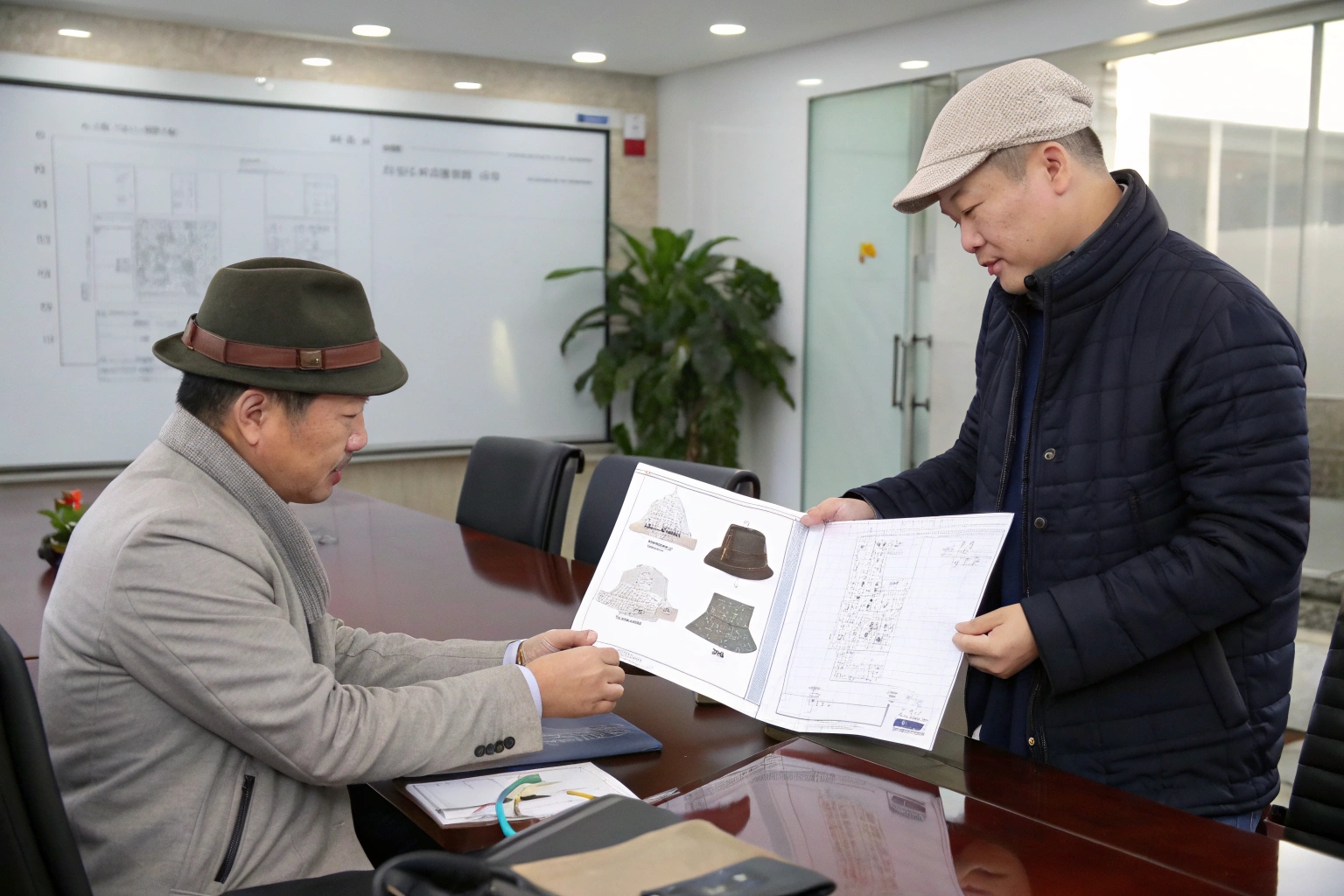A late shipment can ruin an entire season. Whether you're stocking scarves for winter or hats for a holiday drop, timing is everything. But if you're sourcing from China, delays can happen—unless you plan ahead.
To minimize production delays for fashion accessories in China, build strong supplier relationships, share clear tech packs, manage timelines proactively, and develop a reliable sourcing and logistics plan.
As an accessory manufacturer, I’ve seen how delays happen—and how to avoid them. Here’s what every buyer needs to know to keep production on time.
Top Reasons for Production Delays in China
Production doesn’t slow down without a cause. Most delays can be traced to just a few common problems.
The top causes of delays in accessory production include vague product details, raw material shortages, poor planning around holidays, unclear approvals, and communication breakdowns between buyers and factories.

What are the most common sources of delay?
| Delay Reason | How It Happens | Prevention Tip |
|---|---|---|
| Unclear product specifications | Factory waits for clarification | Share tech pack with materials and colors |
| Late sample approval | Buyer takes too long to review | Approve via photos or courier fast |
| Material sourcing issues | Rare trims or colors cause bottlenecks | Use in-stock materials or plan early |
| Peak season overload | Too many orders before CNY or holidays | Lock PO early, avoid late Q4 orders |
| Factory overbooking | Poor supplier schedule management | Work with suppliers who have buffer time |
| Miscommunication | Language issues or email delays | Use WeChat/Zoom + project managers |
We once had a buyer confirm pom-pom color two weeks late, which pushed their scarf order into the Chinese New Year rush. That 14-day delay became a 5-week shipment delay.
Delays don’t always come from the factory—they often come from unclear decisions on the buyer’s side.
How to Build a Reliable Supply Chain Network?
Fast production starts with strong foundations. Your network is your safety net.
To build a reliable accessory supply chain in China, diversify your suppliers, vet factories carefully, establish long-term partnerships, and keep backups for critical materials and components.

What makes a supply chain reliable?
| Element | Role in Avoiding Delays |
|---|---|
| Stable raw material sources | Ensures faster fabric/trims procurement |
| Experienced project managers | Coordinate tasks and troubleshoot quickly |
| Trusted factories | Deliver consistently, even under pressure |
| Backup vendors | Step in if primary supplier fails |
| Strong logistics partners | Secure cargo space and fast bookings |
We have an in-house sourcing team that monitors yarn mills, print suppliers, and hardware vendors every week. If one source goes offline, we activate an alternative within 48 hours.
For clients ordering accessories like gloves or belts, we also pre-book materials during low season—even before their PO—so production can start the moment the sample is approved.
How to keep the network running smoothly?
- Visit or video-call factories regularly
- Offer steady orders to key suppliers
- Pay on time to earn priority in busy seasons
- Evaluate supplier lead times every 6 months
Supply chain strength comes from relationships. Treat your suppliers like partners, not just vendors.
Key Tips for Managing Lead Times with Factories
Delays aren’t just about production. Lead time includes sampling, sourcing, manufacturing, QC, and shipping.
To manage lead times well, break projects into phases, plan backward from delivery deadlines, confirm all specs early, and set milestone check-ins during production.

How do we manage timelines for clients?
| Milestone | Ideal Time Frame |
|---|---|
| RFQ + Quotation | Day 1–2 |
| Sampling | Day 3–8 |
| Sample approval | Day 9–10 |
| Material purchase | Day 11–13 |
| Production start | Day 14 |
| Mid-line inspection | Day 21 |
| Final QC and packing | Day 25–27 |
| Shipment | Day 28–30 (air), Day 35–40 (sea) |
We track every PO using a production calendar, shared with the client. Each project is assigned a dedicated manager who checks progress daily and sends photo updates at each milestone.
Pro tips to reduce lead time:
- Approve samples by photo or video
- Use generic trims if delivery is urgent
- Ship in two batches: air + sea
- Avoid excessive packaging customization
- Request AQL inspection near factory to save transit time
The best way to save time is to be proactive. Don’t wait until the factory updates you—ask first.
Importance of Clear Tech Packs and Order Details
A tech pack is more than a document—it’s a contract. Without it, your order is just guesswork.
Clear tech packs and order sheets help prevent delays by giving factories all the details they need upfront, reducing errors, miscommunication, and unnecessary follow-ups.

What should your tech pack include?
| Component | Why It Matters |
|---|---|
| Product photo | Confirms overall style |
| Material + color details | Avoids incorrect sourcing |
| Size chart (with tolerances) | Ensures correct dimensions |
| Logo placement + file | Guides embroidery/printing |
| Packaging spec | Defines labeling, folding, bagging |
| Order quantity per SKU | Allows for correct planning |
| Delivery address | Confirms freight and lead time plan |
When a French buyer started sending detailed order sheets with photos, SKUs, and packaging layouts, our team cut their average lead time by 20%—with zero rework needed.
Common mistakes to avoid:
- Sharing only reference photos without dimensions
- Skipping Pantone codes for color-critical items
- Sending logo files without vector formats
- Not clarifying size breakdowns per carton
In our workflow, the tech pack is the foundation. Once it’s confirmed, the whole team—from sourcing to QC—follows the same document.
We also help new clients create or revise tech packs, based on our production standards and client goals.
Conclusion
Delays in China accessory production aren’t inevitable. With strong supplier relationships, clear communication, and proactive management, you can keep your timeline tight and your products ready right when your customers need them.




